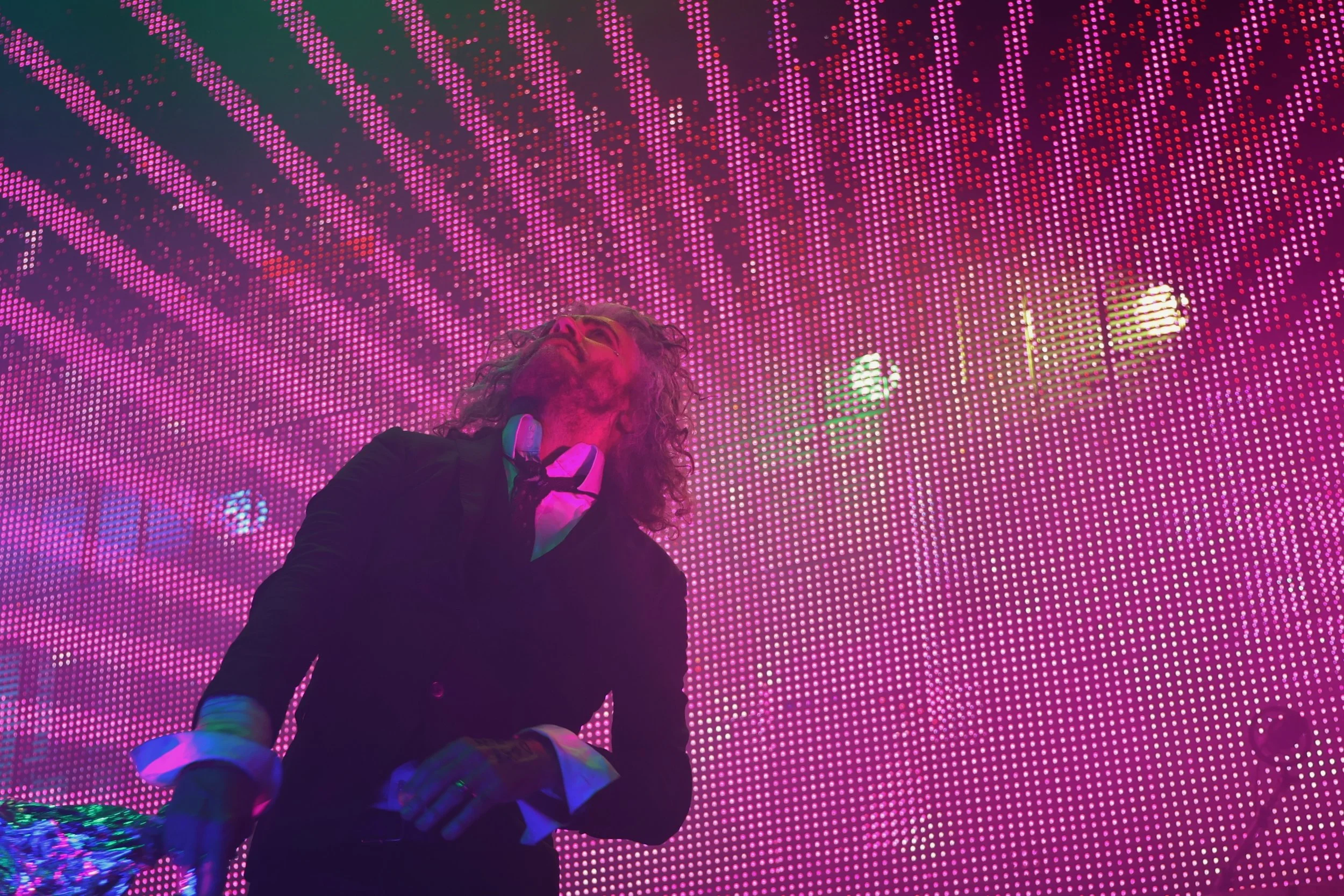OK Go: The Beginning is The End

The band's success signals a number of changes in the music business, the virality of video being only the most obvious.
Today in The New Orleans Advocate, I interview Tim Nordwind of OK Go, who plays Tipitina's Saturday. We talked about videos, the web as a platform, and the changing significance of the release date. When I interviewed The Flaming Lips’ Wayne Coyne in 2009, he said:
In the ‘80s when we put out a record, no one would have it for two months. That didn’t seem long back then; it seemed normal. Now, you can make something in the morning and people have it by lunch. There’s no waiting for things anymore, and people don’t want to wait. The way our Web site and the Internet works, the record coming out is the last thing that happens because you build up. You talk about it, you play shows. When the record comes out, it’s like Christmas. Christmas isn’t like a day, then we party for a week. Christmas is the thing; then we go back to normal.
Nordwind agrees:
It used to be all about that release date, and everything was about that week. But people don’t buy records anymore, so the emphasis isn’t on ‘Gotta buy that record. Gotta buy that record’ because nobody buys them anyway. If you’re thinking about it strategically, the record release date is one of the bigger days on a promotional cycle, but it’s not necessarily your most important day. I’m not sure any one particular day is. I think nowadays you have to start it and keep it rolling and keep it rolling until you see people notice and stay for a while. It’s hard to get people to stay; there are so many more outlets to go to. In the ‘70s and ‘80s and into the ’90s, you had three networks and MTV and VH-1, and every town had a couple of radio stations, and that’s where everybody went to get their information. It’s not like that anymore. The ancient promotional tricks of the ‘80s and ‘90s don’t count the way that they used to.
I asked if part of the point of the long advance signaled the importance of pre-sales of albums.
I think pre-sale is one way to get people excited about the eventuality that you have this record coming out. We have tried to make the sale experience something more of an experience for people who care to make it an experience. That’s the way that music, art and entertainment is heading--in the experiential realm of things. I think the way that people experience music now is very different than it was 20 years ago. People will still buy a CD or an mp3, but there are so many more ways of bringing people into the world of what you do. It’s fun to explore those pathways.
Their efforts to make the sale more of an experience this time around was to run an advance sale through PledgeMusic, and those who bought the album and spent a little more could get everything from autographed copies to a fake documentary made by the band about the person who bought it. Nordwind was disappointed that no one did.
Everything, including streaming the album on Hype Machine, was designed not to get people to buy their music but to get them to hear it:
We wanted to give an opportunity for people to check it out and hear what the hell we’ve been working on for the last couple of years, and do it in a way that they can hear it on their own time. If they like it, they can get it. If they don’t, at least they heard it. If they liked it but still didn’t feel like getting it, at least they heard it. We don’t care how people find the music as long as they find it.






